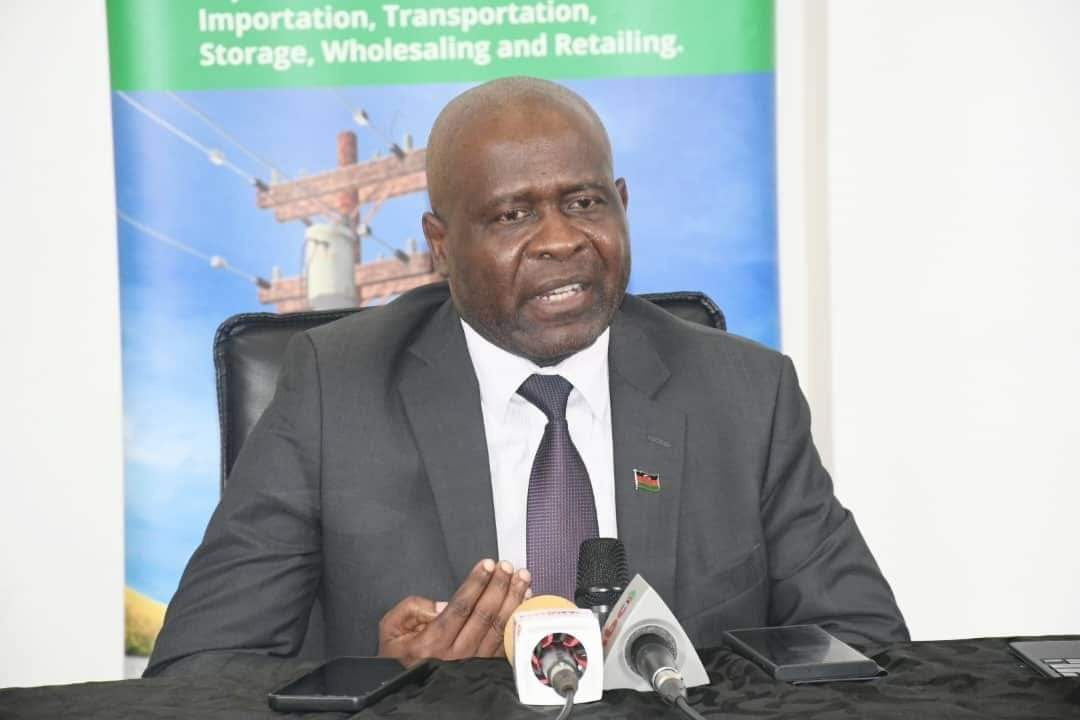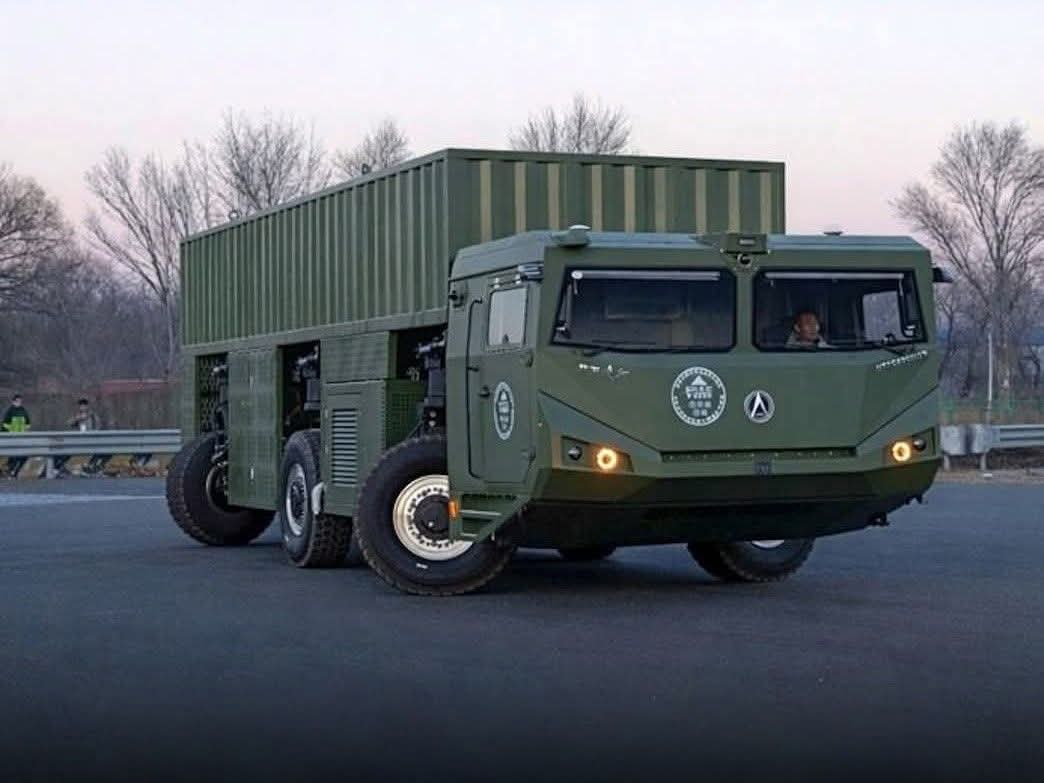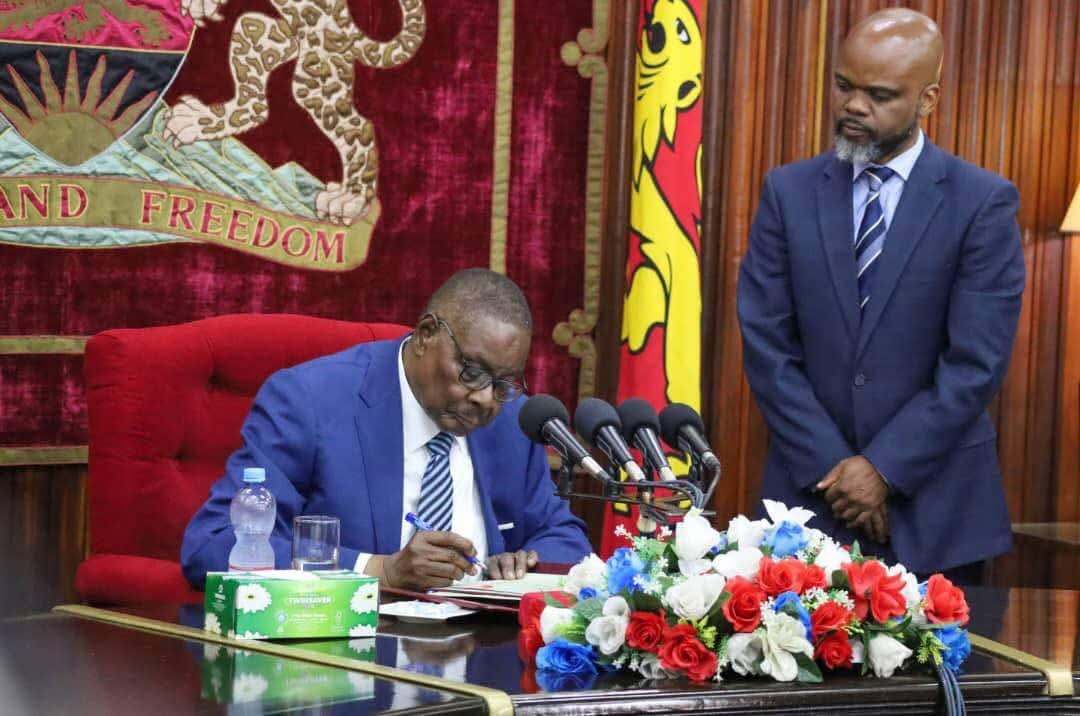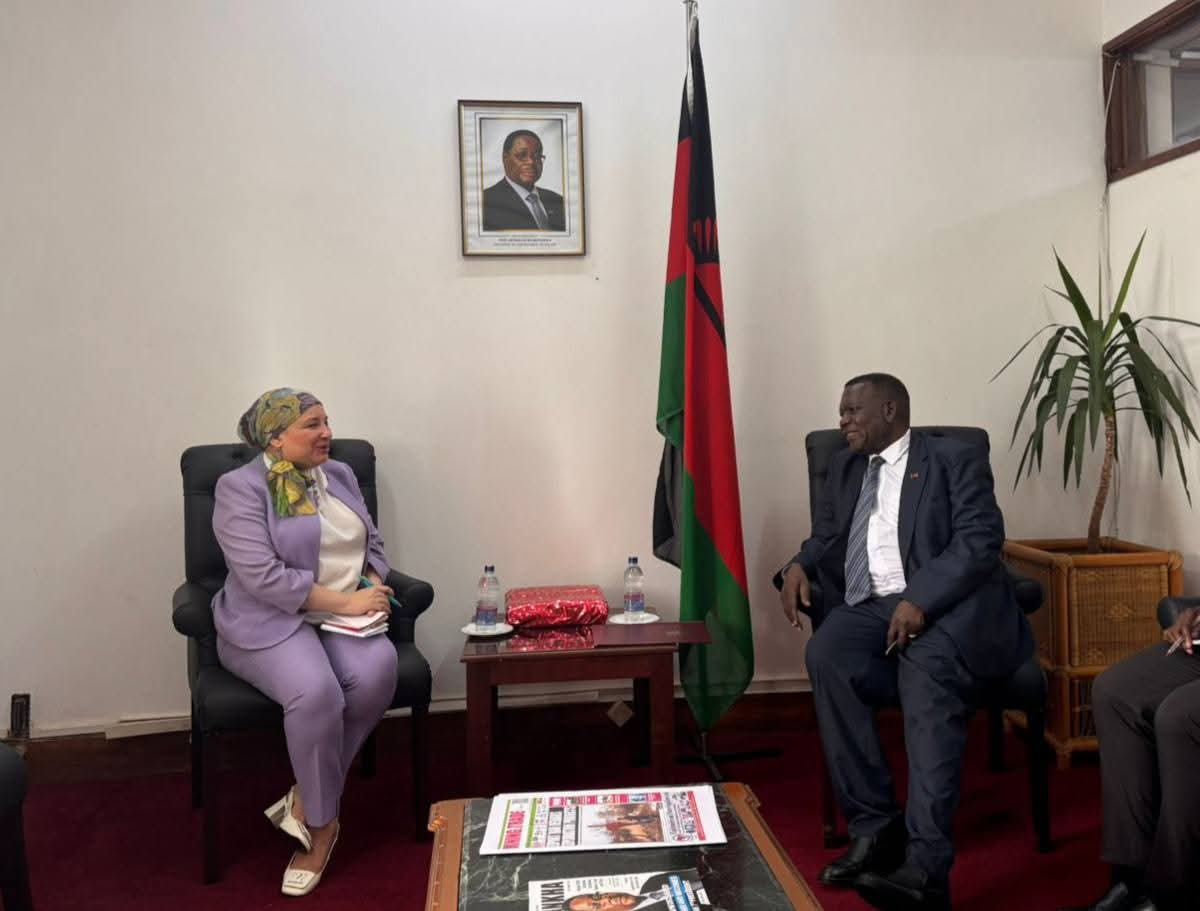
By Burnett Munthali
As Malawi grapples with persistent fuel shortages and rising costs, the Malawi Energy Regulatory Authority (MERA) has proposed a bold vision for the country’s future—one that shifts reliance from imported fuel to locally generated electricity. MERA’s Chief Executive Officer, Henry Kachaje, is leading this charge by advocating for the adoption of electric vehicles (EVs) as a long-term solution to mitigate the nation’s dependence on fossil fuels.
In a recent interview with Capital FM, Kachaje expressed optimism that electric vehicles could significantly reduce Malawi’s fuel expenditure, aligning the nation with global trends toward cleaner, sustainable transportation. “Electric vehicles are no longer just a trend but a practical solution,” Kachaje stated. “By reducing our reliance on imported fuel, we are not only securing energy independence but also paving the way for a greener, more resilient economy.”
The economic and environmental appeal of EVs
The potential impact of EV adoption on Malawi’s economy is substantial. Currently, Malawi spends millions of dollars annually on fuel imports, which places immense pressure on foreign reserves and, by extension, the Malawian Kwacha. By transitioning to EVs, the nation could save considerably on fuel imports, redirecting resources to other critical areas such as healthcare, education, and infrastructure.
Kachaje notes that the shift to EVs would also bring environmental benefits. Malawi is rich in renewable energy resources, particularly hydroelectric and solar power, which could sustainably support the charging infrastructure for EVs. A shift to clean energy sources would reduce the nation’s carbon footprint and improve air quality, benefiting public health and the environment.
Learning from global examples
According to Kachaje, many countries have already embarked on the journey toward EV adoption, reaping both economic and environmental rewards. Nations like Kenya and South Africa are investing in EV infrastructure, while global giants such as the United States and European Union countries have established ambitious plans to phase out internal combustion engines altogether.
“Malawi has an opportunity to join this global movement,” Kachaje asserted. “Investing in electric vehicles, particularly for public transport, would ease our fuel crisis, reduce costs, and set us on a sustainable path.”
The need for government support and policy
Kachaje emphasizes that achieving this vision will require substantial support from the government. “For electric vehicles to become viable, we need policies that encourage their adoption, such as tax incentives, reduced tariffs on EV imports, and investments in charging infrastructure,” he explained. “This should be a collective effort from both the government and private sector to foster an ecosystem where EVs can thrive.”
One of MERA’s proposals is to prioritize the procurement of EVs for public transport, which could create a ripple effect across the economy. By introducing EVs into the public transport system, Malawi could ease its immediate fuel crisis while familiarizing citizens with the concept and benefits of electric mobility.
Challenges to EV adoption in Malawi
Despite the promise of electric vehicles, Kachaje acknowledges several challenges to widespread EV adoption in Malawi. These include the high initial cost of EVs, limited infrastructure for charging stations, and a lack of public awareness about EV benefits. Additionally, the country’s power generation capacity must be strengthened to meet the potential increase in electricity demand.
However, MERA remains optimistic that these challenges can be overcome with a clear and committed strategy. Kachaje believes that early investments in charging infrastructure and consumer education will make a meaningful difference in accelerating EV adoption.
Looking ahead
As MERA champions the transition to electric mobility, it is evident that Malawi stands at a crucial juncture. By choosing to invest in EVs and renewable energy sources, the nation can address not only its current fuel crisis but also build a sustainable foundation for future energy security. Henry Kachaje’s vision underscores the potential for innovation and resilience in tackling Malawi’s energy challenges, and MERA’s proposals could mark the beginning of a new, electrified era for Malawi’s transportation sector.
For now, much rests on the willingness of government and stakeholders to embrace this vision. With decisive action, Malawi could set itself apart as a leader in sustainable development
- China Unveils Next-Generation Strategic Missile Launcher with Breakthrough Mobility
- 2026 Audi Q3 Unveiled: Quattro All-Wheel Drive, Premium Interior and Advanced Digital Tech
- Why is Malawian Sugar cheaper in Zambia than at home?
- Mutharika Blocks CDF Amendment, Citing Weak Oversight and Risk of Abuse
- Print & Cut Steps Forward to Restore Iconic Mangochi Sign





